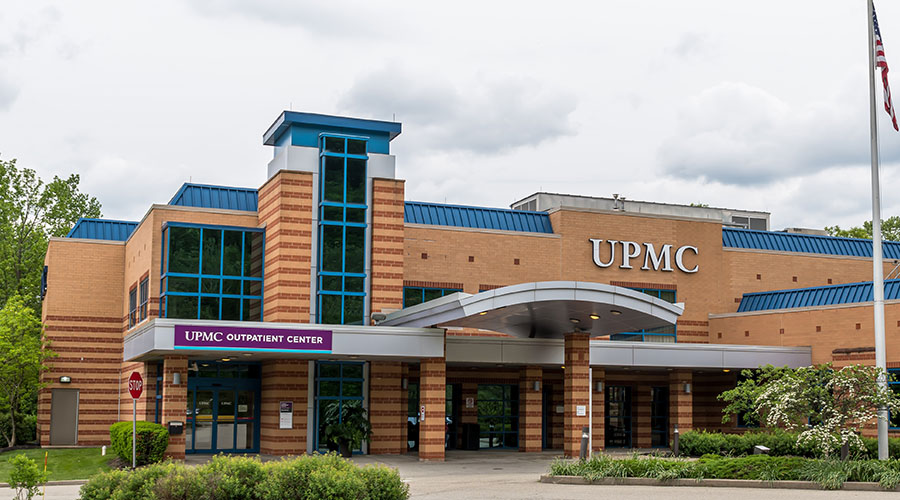Facility Managers Discuss Strategies for Building Effective Budgets
By Dave Lubach, Associate Editor
OTHER PARTS OF THIS ARTICLEPt. 1: This Page
The process of developing a budget for maintenance and engineering departments in institutional and commercial facilities has never been more challenging, thanks to ever-increasing responsibilities and organizational mandates to control costs. Today more than ever, a solid budget is essential for ensuring departments operate efficiently and cost-effectively.
When you put together budgets, whom do you receive input from, and what kind of input do you receive?
TURNER: The supervisors over each of the operating units in the department provide input on their upcoming budgetary needs. The supervisors track resource consumption and market pricing trends and plan their requests accordingly. I consult with them throughout the year and take their input into consideration.
WOODLEY: Operating budgets are somewhat easier than capital budgets. In operations we have the advantage of years of financial records that give very good estimates for future years. National school operation trends are also useful. District financial and facility staff, as well as neighboring district peer input, is usually all that is necessary. At the end of the day, however, district operation budgets yield to other general-fund budget constraints, and we end up doing the best we can with what we have.
LORD: I work closely with my shop supervisors to put together the operations budgets. Their experience with the campus and buildings is invaluable to the process. The capital budget process is a collaboration with our shop supervisors, capital-planning group, and the university architect and facilities management team. The facilities management team and shop supervisors are able to give information on equipment that is in need of replacement due to use, age or cost of maintenance. Our capital programming group has inspectors that do annual surveys for deferred maintenance.
Where does budgeting fall on your list of priorities?
TURNER: Budgeting falls very high on my list of priorities. I begin working on the next fiscal year's budget about 10 months before the current fiscal year ends.
WOODLEY: As they say, if you want to find something out, follow the money. Budgets are critical since, in public work, nothing is free and nothing moves without money. Therefore, budgeting is a critical component of my work. Being knowledgeable, pro-active and timely is our key to success.
How do you package proposed budgets when you submit them to facility executives?
WOODLEY: We always present our budgets by leading with how the proposal responds to a real problem. In other words, there has to be a compelling reason based on our mission for why we would submit budgets for anything.
LORD: The operational budgets are set from year to year so any changes that are needed are submitted as a package identifying the need for additional dollars. The capital budget is in collaboration with all of the facilities development and management here and is submitted on a capital-needs spreadsheet to executive management.
What challenges do you face in building a capital budget?
TURNER: The internal deadlines for providing cost estimates for all the requested projects that meet the statutory definition of a capital project are challenging. The challenge is in projecting a reasonably accurate cost estimate for budgeting purposes before the design may even be finished.
WOODLEY: The primary challenge is that we compete with that ever-present need to lower class size by employing more teachers. We have to make a very strong argument that sustains both internal and external criticism responsibly answering the question of why this is a better use of funds than something else.
LORD: Some of the challenges we face are that we have a very high deferred- maintenance number and limited state funding. We have to prioritize our equipment and buildings, not only based on need but use, as well. Arizona State's goals and objectives also present challenges. The university wants to double research on campus, which means more buildings to maintain that are high-end construction with technical building systems.
What challenges do building operating budgets present?
TURNER: The last several years have been characterized by staffing and funding reductions, coupled with the addition of more than 15 percent to the total building space to which the department is responsible for providing services.
WOODLEY: The scrutiny that comes when a neighboring school district does something for less than we do. This requires a specific response in terms of the uniqueness of our problem or solution. There is also the ever-present and real magic of trying to assess the standard of care our patrons expect and will accept. As an example, we have some influential, upscale neighborhoods where these patrons don't understand why school district grounds may not be groomed like their own lawns. Without money, the lack of grounds staff due to budget constraints does produce a different standard.
LORD: When the economy took a downturn in 2008, we had to reduce the number of resources we have in the shops. In doing this, some of the preventive and predictive maintenance was prioritized below our response to trouble calls and emergencies. We put together our operational budget while knowing that during the course of a year we will have emergencies and have to lower the priorities of items previously budgeted.
How do economic conditions impact your budget decisions?
TURNER: The last few years haven't been good for us. Each year, I'm faced with trying to figure out what we can do without so we can keep as many staff in the field as possible providing services. Over 40 percent of our fleet meets or exceeds the criteria the county has set for replacement, yet we haven't budgeted for a new vehicle in over five years. We argue over the projected fuel and insurance costs allocated to the department to get the costs lowered so we can reallocate those dollars to service delivery. This is something we never took issue with before the recession. Before the recession, we budgeted for one or two new mowers every year. Now, we buy only the parts we need and repair anything we can.
WOODLEY: In 2008, our patrons passed a $98 million capital bond. We budgeted based on history. The economy tanked, and the work we were able to accomplish in a down market was nothing short of miraculous. On the operating side, however, with a poor economy comes reduced funding with those same attendant problems of not being able to get all the work done at the level once delivered. We end up being very clever in how we solve problems, or they turn into deferred maintenance, awaiting funding based on priority. From a budgeting point of view, we stay very closely tuned in to local and national trends since forecasting too far out these days can be problematic. At the end of the day, we budget based on annual allocation of funds.
LORD: We know that if the economy takes a downturn there will be less funding from the state. If we see this happening we start to put together contingency plans in case it is a long-term downturn.
What is the most important lesson you've learned going through the budget process?
TURNER: I have the best staff on earth. Everyone in the department is doing a yeoman's task in spreading themselves around to cover as much as they can, while giving everyone the most critical services. With all the extra work that I've heaped on them and with no pay increases for the last five years, I don't hear any complaints. Each and every one of them is trying to help me find ways to cut costs and get more done with what's left in our budget. They deliver excellent customer service and remain engaged in doing the jobs they were hired to do. I'm very proud to be associated with them.
WOODLEY: I have learned that if there is broad agreement for an expenditure, the system finds a way to get it done. And there is always give and take in garnering financial support. Administrators like myself are well advised to not take a personal position in these matters. Say what you mean, and mean what you say, and then trust the system. Base your position on well-researched data, be the expert in the subject of discussion, and learn how to read tea leaves.
LORD: Patience. Everyone has their priorities, and having the patience to walk through the process in a collaborative manner is the key to a successful budgeting process. The second lesson is information. You can never collect enough information from the people in the trenches. It is the guys there that know what is on the horizon as far as equipment and finish replacements are concerned.
Related Topics:













